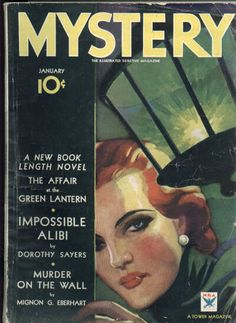For a little over a year now, I’ve technically been a part-time translator—by day, I work in my industry of specialization as a legal assistant. I draft, revise, and proofread legal writing five days a week, consult with court clerks, and prepare documents for filing. Two or three nights a week (on average—we all know how variable freelance schedules can be!), I continue to translate for agency and private clients and teach my source language to a couple students.

When my career as a translator was brand new, there was a pervasive idea among language professionals that you were only a “real” translator or interpreter if it was the sole way you earned your living. At least, that was the message I gleaned from all the industry publications and professionals blogs I read. Perhaps things have changed, and just in case it wasn’t obvious: however frequently you practice your craft, as long as you conduct yourself with professionalism and obtain the requisite training to do your work well, you are a professional.
There is room enough in this industry for all of us. Translation and interpreting are increasingly growing in demand. Tech companies continue to attempt to reduce translation to machine output, and the results continue to highlight the need for human conduits between languages A and B.
As a full-time translator, I appreciated the time I had to really delve deep into vocabulary research and work on glossary projects. As a moonlighter, I love how my legal translations have improved from the interactions I have with attorneys’ work products. “Moonlighting” has allowed me to streamline my translation work so that I get to spend a greater percentage of my time on what I love: words.
I know many of my colleagues in the industry would never give up the freedom to be had in independent contracting—and why should you? But I have found my greatest artistic freedom within the so-called limits of a 9-to-5. My freelance clients continue to be happy with my work. And I don’t feel any less a translator than I ever did.
This story is in no way a defense: I hope only to inspire other translators to be true to themselves. If you love being your own boss and exploring your interests on your own terms, keep doing it. If you love the structure, stability, or socialization of an office job, get one. And if you love being a professional translator, be one, under whatever conditions you thrive upon. Your language skills are valuable, and however much you want to share them with the world in an educated, professional manner, the contribution is needed and appreciated.
We are all translators, no matter how often we can do the work.









